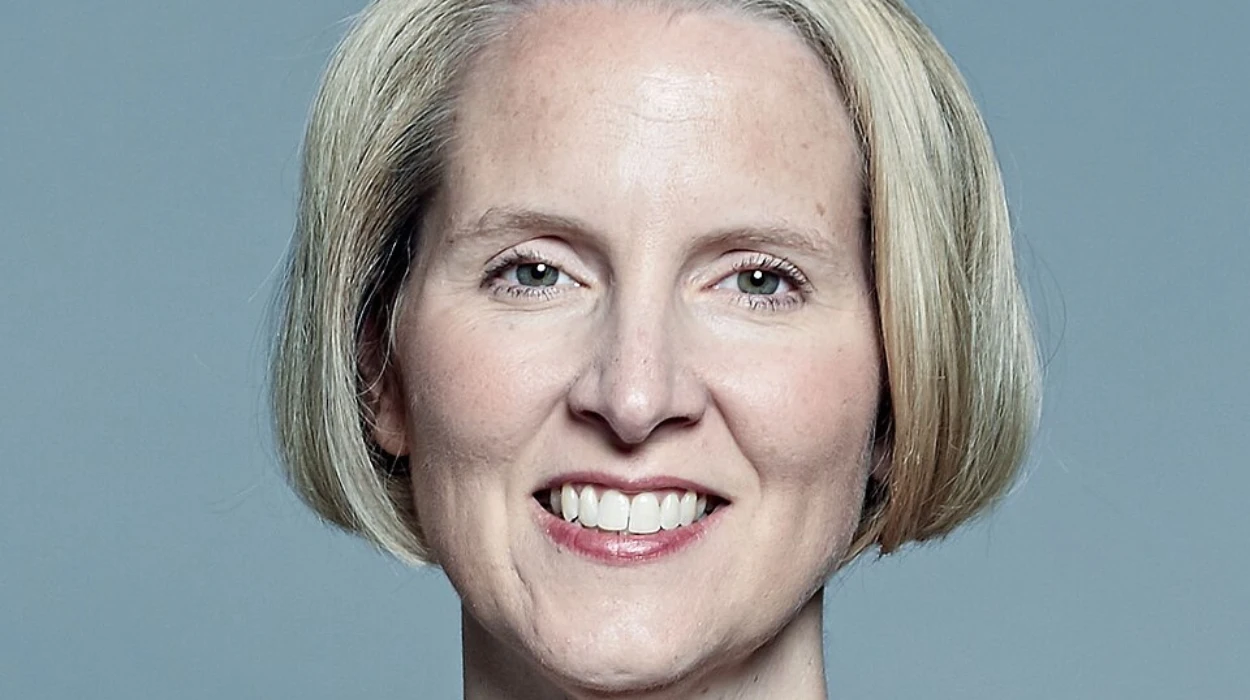Barnet (Parliament Politics Magazine) – A new Defra secretary was appointed on 5 September during a cabinet reshuffle sparked by Angela Rayner’s resignation as deputy prime minister.
Steve Reed, who took over the housing brief left by Ms. Rayner’s resignation earlier in the day, was replaced by Emma Reynolds.
She had previously submitted herself to the government’s ethics advisor earlier this week after acknowledging that she had not paid enough stamp duty on a Sussex apartment she had bought.
After holding subordinate ministerial positions at the Treasury and the Department for Work and Pensions, Ms. Reynolds is being promoted to the cabinet for the first time.
She served as Wolverhampton North East’s MP from 2010 to 2019 before winning the Wycombe seat in last year’s general election.
After a fresh evidence review led by Professor Sir Charles Godfray was published yesterday, one of her top priorities will be to supervise the creation of a new plan for the eradication of bTB in England.
In addition to urging a “step change” in the disease’s focus, it cautioned that there was now “a small chance” that England would meet its 2038 bTB-free aim.
Although pro- and anti-cull organizations have already expressed worries about the review’s ramifications, the government has stated that it will release its proposals early in the new year.
How did farming groups react differently to Reynolds versus Reed?
Reed was generally viewed as a generalist politician with a background in housing and urban issues; nearby farming groups thought his background was vertically disconnected to agricultural issues. Farming groups respected him as minister, even while some within the farming sector hoped for a more definite focus on challenges specific to farming and related to agriculture.
As a former Economic Secretary to the Treasury with a focus on economic and environmental issues, many farming groups welcomed Reynolds as someone who would no doubt gain the economic sustainability of farming, food security and the natural recovery in farming’s focus. There were also hopes that her appointment would signal a more engaged and educated approach towards farming and agricultural policy.
Farming groups expressed optimism that Reynolds’ experience would lead to renewed focus on key rural issues such as helping farmers adapt to climate and market forces.


